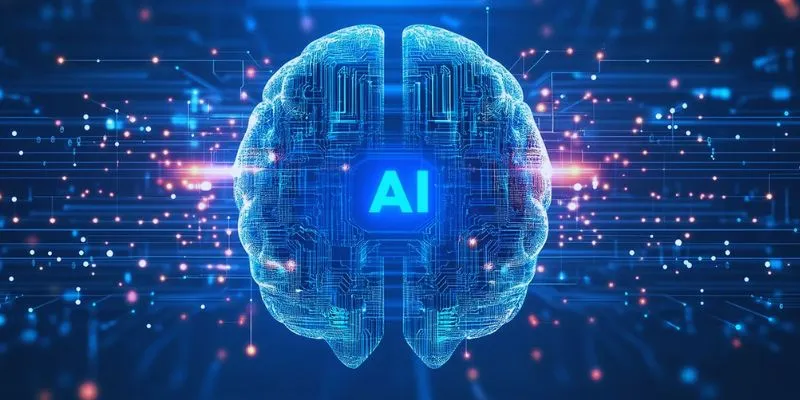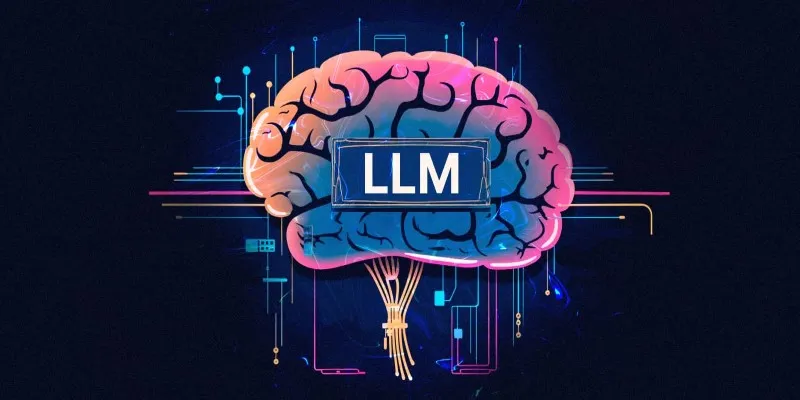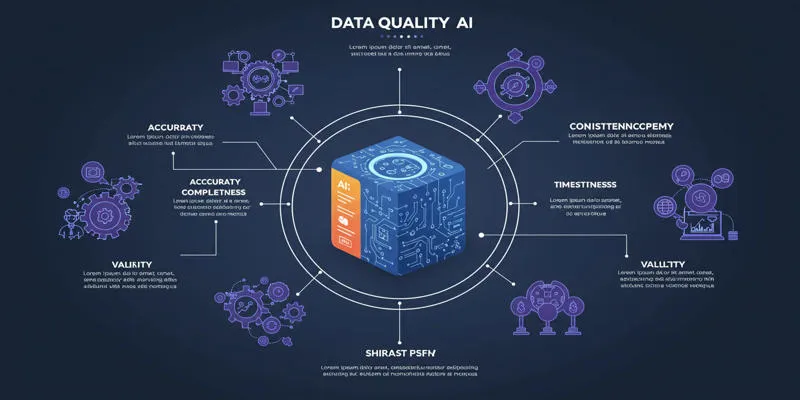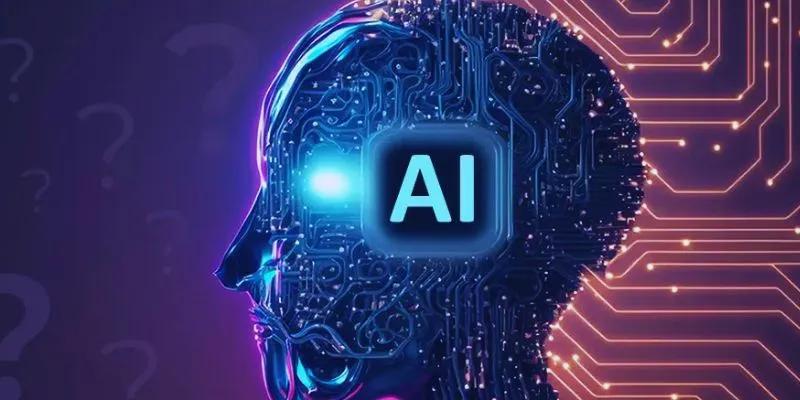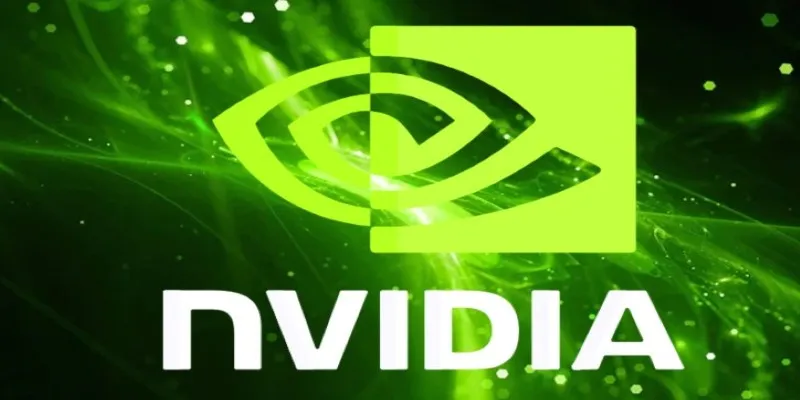In today’s world, artificial intelligence (AI) is revolutionizing industries and reshaping how we work. Engineers are at the forefront of this technological transformation. To thrive in an AI-driven landscape, they need not only technical expertise but also a comprehensive understanding of AI’s impact on business, society, and the future.
Embracing the AI Revolution

Modern technological advancements have propelled AI from research labs into a key driver of innovation across industries. With tools like cloud computing, data analytics, and natural language processing, AI is reshaping global practices. As a Microsoft engineer, your role is to leverage AI to solve complex problems and deliver meaningful value to customers.
Leading in an AI-transformed world requires a proactive engagement with new technologies. To succeed, continuous monitoring of advanced AI systems and platforms is essential. Microsoft’s Azure AI platform offers engineers comprehensive tools to create, manage, and expand their AI solutions effortlessly. Mastering these resources will position you at the forefront of technological innovation.
Embracing a Growth Mindset
In an AI-driven world, change is constant. Technologies evolve, customer expectations shift, and new challenges arise. Microsoft engineers must adopt a growth mindset—embracing learning, adaptation, and innovation.
A growth mindset turns challenges into opportunities for growth. It involves welcoming feedback, experimenting with new ideas, and committing to continuous improvement. Microsoft supports this journey with resources like online courses, certifications, and hands-on projects to help engineers sharpen their skills and stay future-ready.
Fostering Cross-Functional Collaboration
AI projects thrive on collaboration across teams and disciplines. As a Microsoft engineer, success depends on effective teamwork with diverse groups.
True cross-functional collaboration involves breaking down silos and fostering a culture of shared goals. Whether partnering with data scientists, product managers, or designers, clear communication and a collaborative mindset are essential. Tools like Microsoft Teams facilitate seamless teamwork, enabling idea-sharing, progress tracking, and achieving shared objectives efficiently.
Upholding Ethical AI Practices
With great power comes great responsibility, and AI is no exception. While AI can revolutionize lives, it also raises ethical concerns like bias, privacy, and accountability. Microsoft engineers are committed to advancing technology responsibly.
This commitment involves developing AI systems that are transparent, fair, and inclusive. It requires thorough testing to identify and address biases, safeguarding data privacy, and ensuring accountability for AI-driven decisions. Microsoft’s Responsible AI principles provide a framework for creating solutions that uphold ethical standards and align with societal values.
Innovating Through Experimentation
Innovation is central to Microsoft’s mission: empowering every individual and organization to achieve more. In AI, true innovation often arises from experimentation—testing new ideas and learning from setbacks.
Microsoft engineers have access to state-of-the-art tools and technologies that foster creativity. Whether building predictive models with Azure Machine Learning or gaining insights through Power BI, opportunities to push AI boundaries are limitless.
Prioritizing Customer-Centric Solutions
The measure of any AI initiative lies in its impact on customers. For Microsoft engineers, this means focusing on the end-user, creating solutions that solve real-world problems and deliver measurable value.
This requires a deep understanding of customer needs and challenges. Engaging directly with customers, gathering feedback, and refining solutions are vital. Microsoft’s commitment to a customer-centric approach reminds engineers that technology is a tool to empower—not the goal itself.
Harnessing Data as a Strategic Advantage
Data is the lifeblood of AI, and Microsoft engineers are uniquely equipped to harness it. With access to vast data through Microsoft’s platforms, they can uncover insights that drive smarter decisions, elevate customer experiences, and fuel groundbreaking AI solutions.
To fully capitalize on this potential, engineers need strong data analytics skills, such as machine learning and natural language processing. These skills empower them to extract meaningful patterns, identify trends, and build predictive models that shape strategic decision-making.
Thriving in a Rapidly Changing Landscape
The AI landscape is advancing rapidly, with new technologies, shifting market dynamics, and evolving customer expectations. To stay ahead, Microsoft engineers must embrace agility—a trait enabling swift adaptation while maintaining a focus on impactful results.
Agility involves being proactive, flexible, and resilient. It requires viewing challenges as growth opportunities. By breaking projects into manageable tasks, teams can make steady progress and reduce risks. Rapid iteration based on real-time feedback improves outcomes and aligns with shifting customer needs.
Shaping the Future of AI Leadership

True leadership extends beyond personal goals—it’s about empowering others. As a Microsoft engineer, you have the privilege of mentoring and inspiring the next generation of AI innovators.
Mentorship involves sharing expertise, offering guidance, and creating growth opportunities. Whether through structured programs or team efforts, your dedication to fostering talent leaves a lasting impact on Microsoft and the broader AI ecosystem.
Conclusion
The AI revolution is here, and Microsoft engineers are leading the charge. Embracing AI, fostering a growth mindset, and adhering to ethical principles are essential for meaningful change and purposeful leadership. In this evolving landscape, true leadership requires vision, collaboration, and a commitment to making a positive impact.
 zfn9
zfn9



